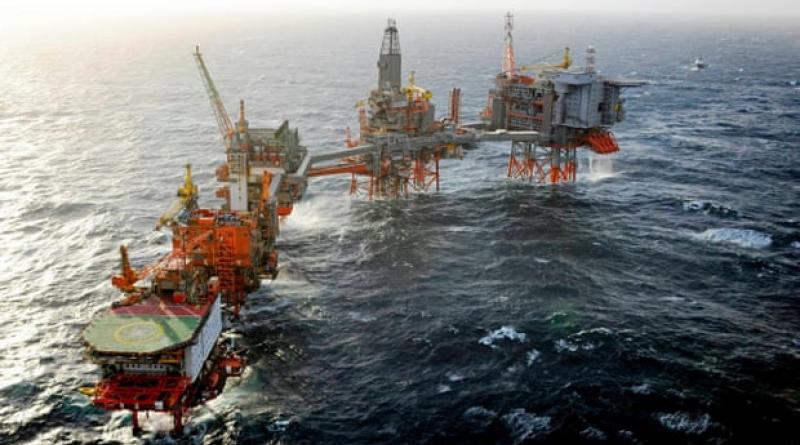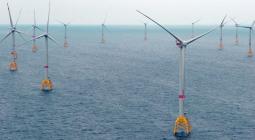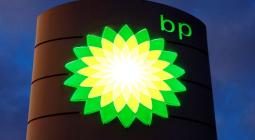BP market value at 26-year low as investor confidence shaken.

Oil firm slumps to value of £40.5bn, well below that of offshore wind developer Orsted.
BP’s market value has fallen below 200p a share for the first time since 1994 with investor faith in the future of the oil industry shaken by the coronavirus pandemic.
The 26-year share-price low means the oil company is worth little more than £40.5bn, well below the market value of the Danish offshore wind developer Orsted, which in less than two years has doubled its value on the Copenhagen stock exchange to more than £51bn.
BP is also now a substantially less valuable business than Diageo, which is worth slightly less than £60bn. The 111-year old oil company is also worth less than a third of the market value of Unilever, which is worth £124bn.
The company’s share price has buckled under the growing pressures affecting the global oil industry amid the coronavirus pandemic. The historic share-price lows have also emerged as the company prepares to overhaul its business by cutting investment in fossil fuels in favour of clean energy alternatives.
Meanwhile, ExxonMobil has also lost ground in the equity markets, and at $141bn is now worth less than the US renewable energy firm NextEra Energy, valued at $145bn.
ExxonMobil was eclipsed by NextEra Energy, a Florida-based clean energy company, early in October, just months after it was also surpassed by Netflix, at the height of the coronavirus outbreak.
The Covid-19 pandemic has battered global oil demand this year, and threatens to hasten the terminal decline of fossil fuel use as governments turn to green energy industries to reboot economies.
Bernard Looney, CEO of BP, addressed the concerns raised by one retail shareholder in a social media post on LinkedIn this month, saying the share price slide was “down to a number of factors”, including the impact of the coronavirus pandemic on oil demand.
Looney said: “Our entire sector has experienced similar drops this year, and if anything we feel that in itself is a robust case for change. As for our strategy, it is a long-term approach, and we believe that we will create more value through this shift than we would if we kept doing what we were doing.
“At the end of the day shareholders … want to see us deliver on what we laid out. Words are cheap, actions count. And we are very confident we will deliver.”
21 October 2020
The Guardian






